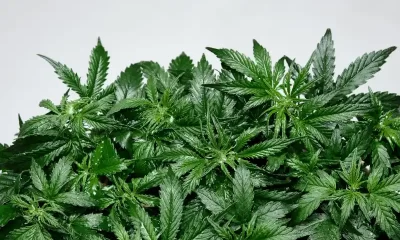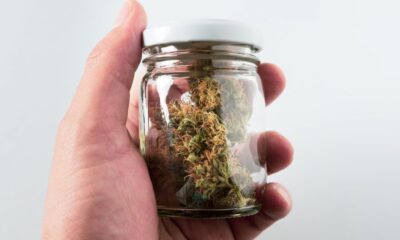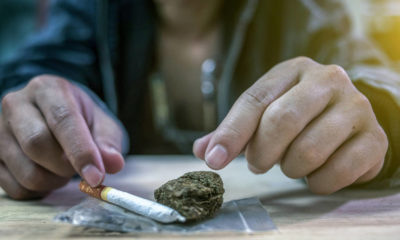Business
THC-O Is To Cannabis What Heroin Is To Opium — Is It Legal?
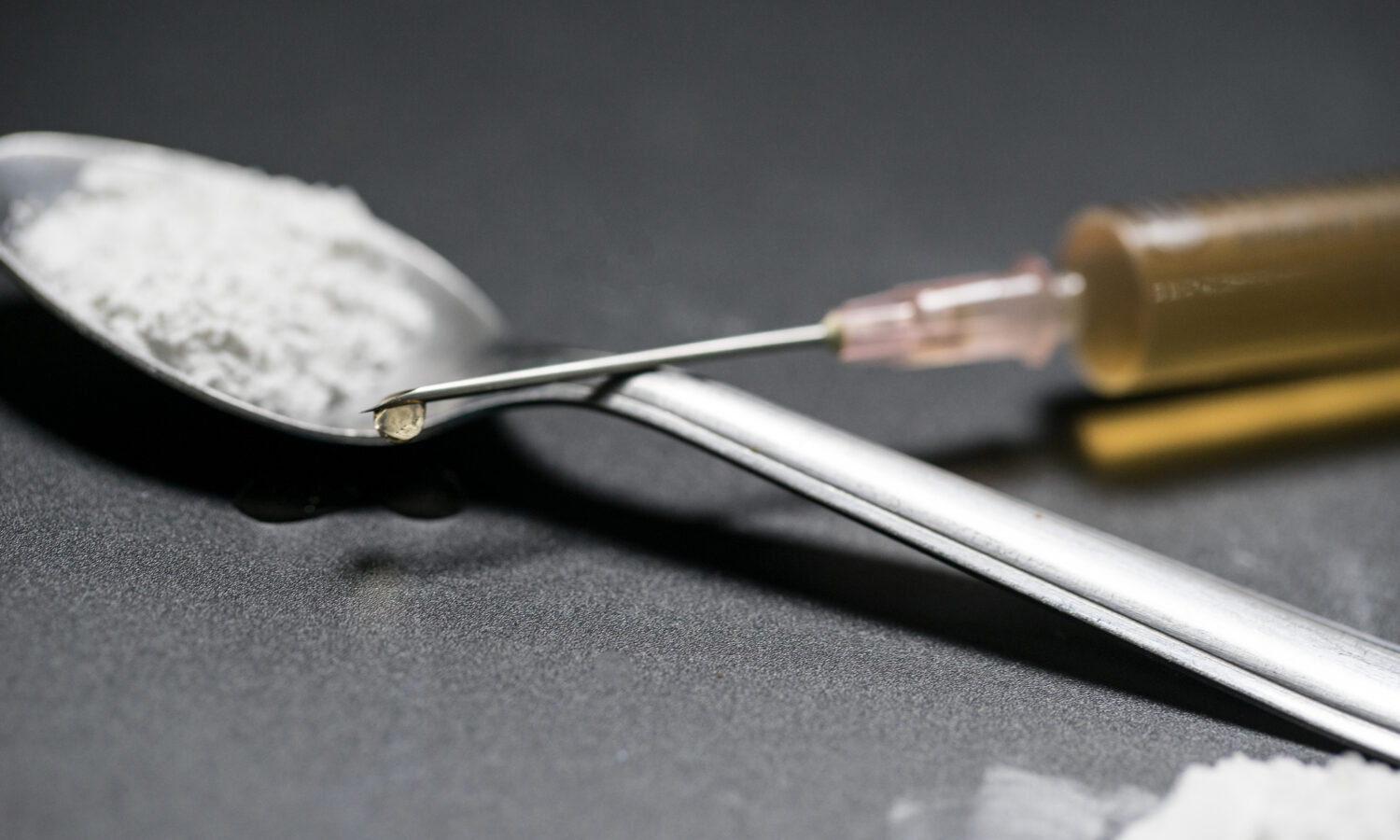
Like heroin, THC-O is several times more potent than THC and the risks associated with it are by no means moderate.
THC-O acetate (THC-O, ATHC) is becoming a popular option among cannabis consumers. According to Google trends, interest in this compound peaked around mid-2021.
Consumers are turning to THC-O for two likely reasons. The first is that delta-8 THC acetate is hemp-derived and therefore legal and accessible in states where marijuana is illegal.
The more exciting reason is that THC-O is supposedly a psychedelic cannabinoid. In other words, you will be taking a trip on cannabis and achieving the highest spiritual experiences and probably even ego death. Some sources claim that THC-O acetate is up to 300 times more potent than THC. More realistic sources claim that THC-O acetate is up to three times more potent, but we are not sure.
But for recreational users craving that “elusive high,” this sounds unimaginable. Is that not the same reason why the naturally occurring opium was ditched on the streets in preference for heroin?
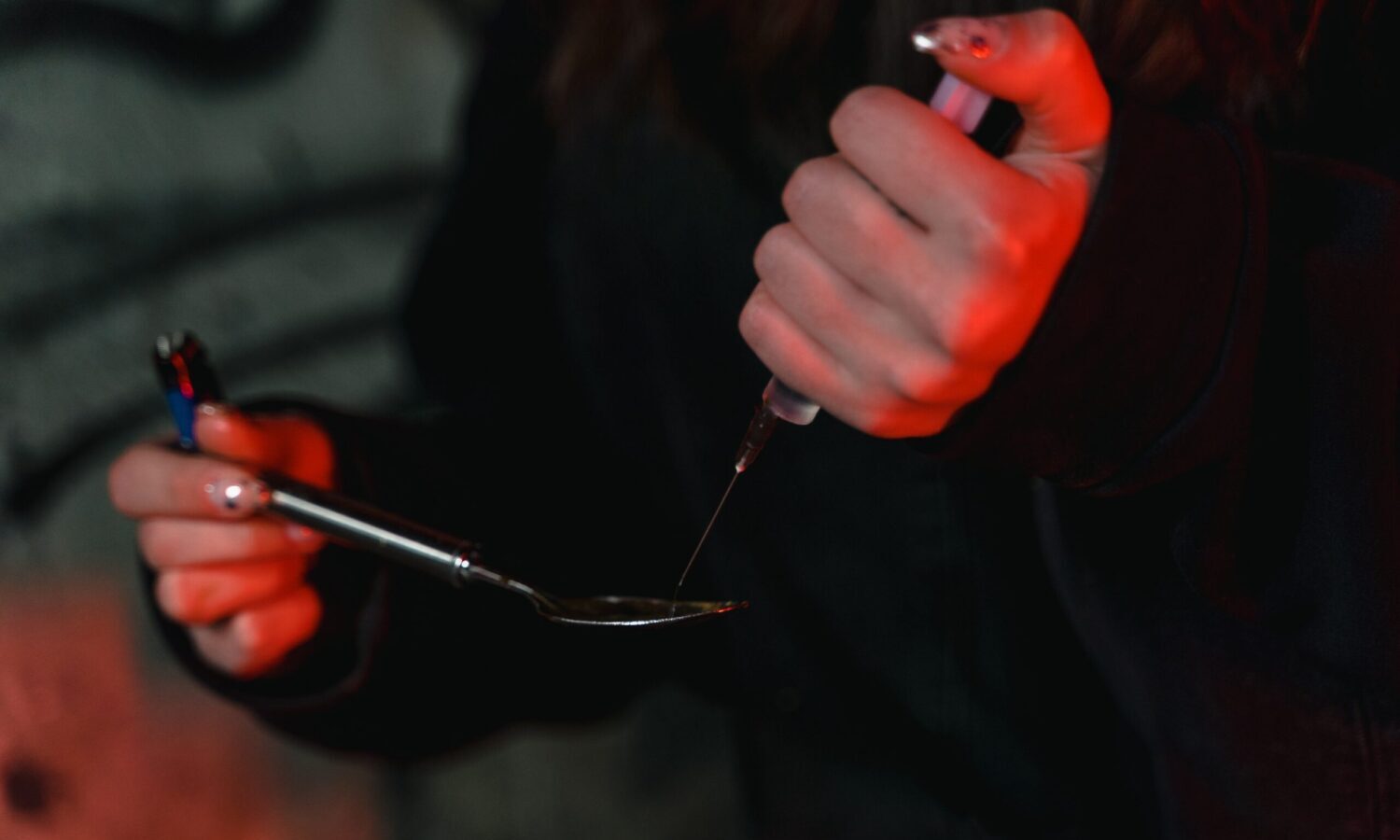
Opium Versus Heroin
Opium, like cannabis, is a naturally occurring compound that’s derived from the poppy plant. Heroin on the other hand is a semi-synthetic compound that’s made from morphine, which comes from the poppy plant. Because heroin is an enhanced form of opium, the effects are stronger.
Heroin was originally created to be a medical analgesic. However, it was soon discovered that it triggered several adverse effects including dependence, addiction, and overdose-related deaths. Its clinical use was hence stopped but the drug found its way to the illicit market where its use is still rampant. Like marijuana, heroin is classified by the DEA under Schedule I compounds that according to the DEA have no known medical use and a high potential for abuse.
THC-O Acetate Is a Synthetic Cannabinoid
THC-O like heroin is a synthetic cannabinoid that is made through the acetylation of THC (could be D8, D9, or D10) in the lab. Because it’s not a natural product don’t expect to find it in shops that sell natural cannabis products.
How Is THC-O Made?
THC is heated and mixed with acetic anhydride in a lab setting. A chemical reaction occurs that converts the THC to THC-O. This chemical reaction is dangerous and hence should only be carried out by a qualified chemist and only in the right setting.
THC-O Acetate Is a Pro Drug
A prodrug can be defined as any drug that is biologically inactive when ingested but once metabolized it releases a biologically active compound. THC-O acts in this way.
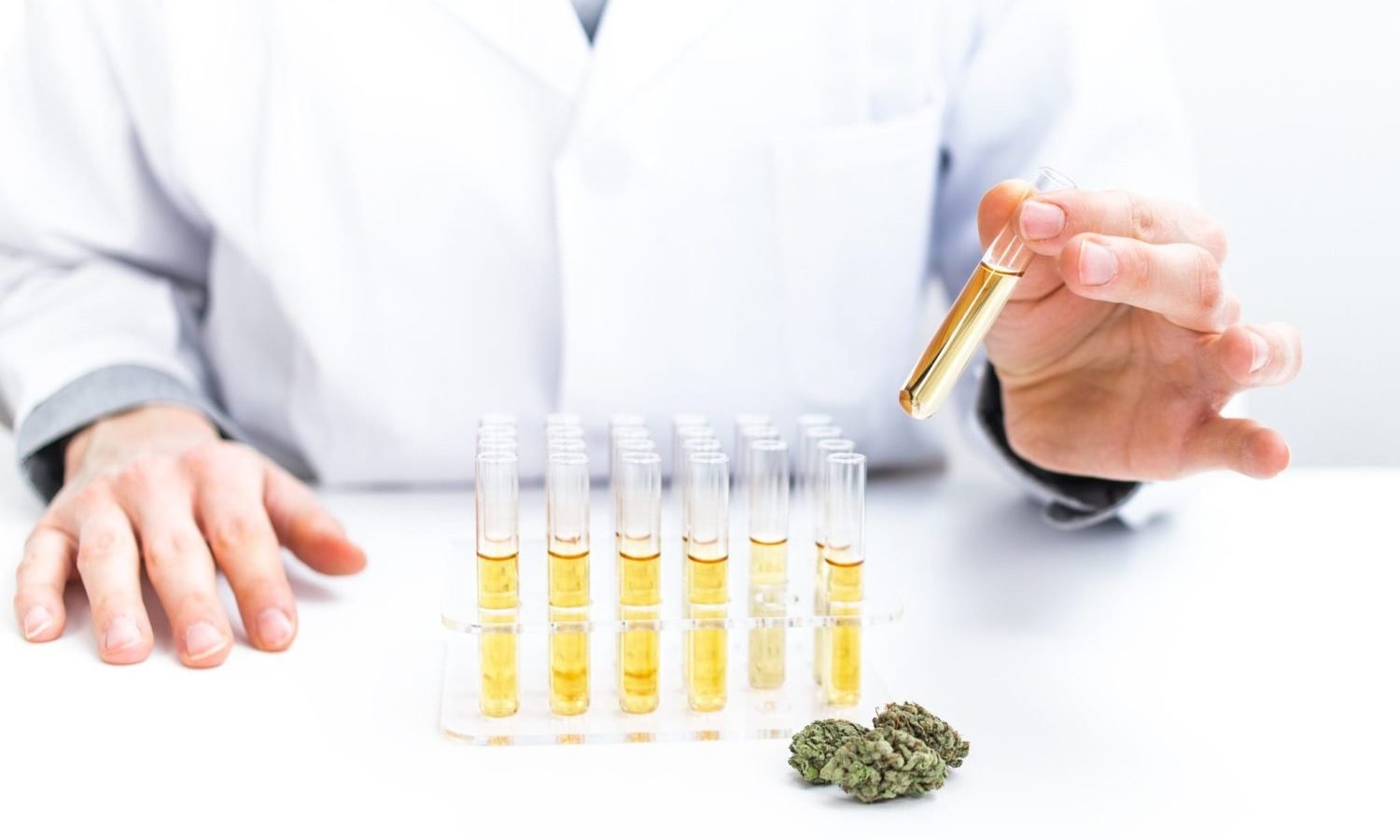
When acetic acid is added to THC it forms a barrier that prevents the breakdown of the THC by enzymes until it gets to the liver where it is deacetylatedated and releases the biologically active THC. Like other pro-drugs, the effects of THC-O take a longer time to kick in (lag time) because of the extra step involved in “activating” the drug. This can be anywhere around 30 minutes for inhaled THC-O or up to 1.5 hours for ingested THC-O.
Is THC-O a Psychedelic?
It is believed that THC-O provides THC that has higher bioavailability. This also means that the body has higher circulating levels of THC and 11-Hydroxy-THC. Though the effects take a longer time to kick in, once they do they are likely to come crashing in and it will be a long while before the effects subside. Higher levels of circulating 11-hydroxy-THC might be responsible for the psychedelic effects that have been reported after the consumption of THC-O.
Is THC-O Legal?
Most of the THC-O Acetate that’s being sold online and in smoke shops is actually the acetate of delta-8-THC and not delta-9-THC. Delta 8 is usually made from hemp-derived CBD and consequently, it can be argued that THC-O made in this way is also legal. However, it should be noted that THC-O is a synthetic cannabinoid. Here’s what the law says about synthetic THC.
“For synthetically derived tetrahydrocannabinols, the concentration of D9 -THC is not a determining factor in whether the material is a controlled substance. All synthetically derived tetrahydrocannabinols remain Schedule I controlled substances.”
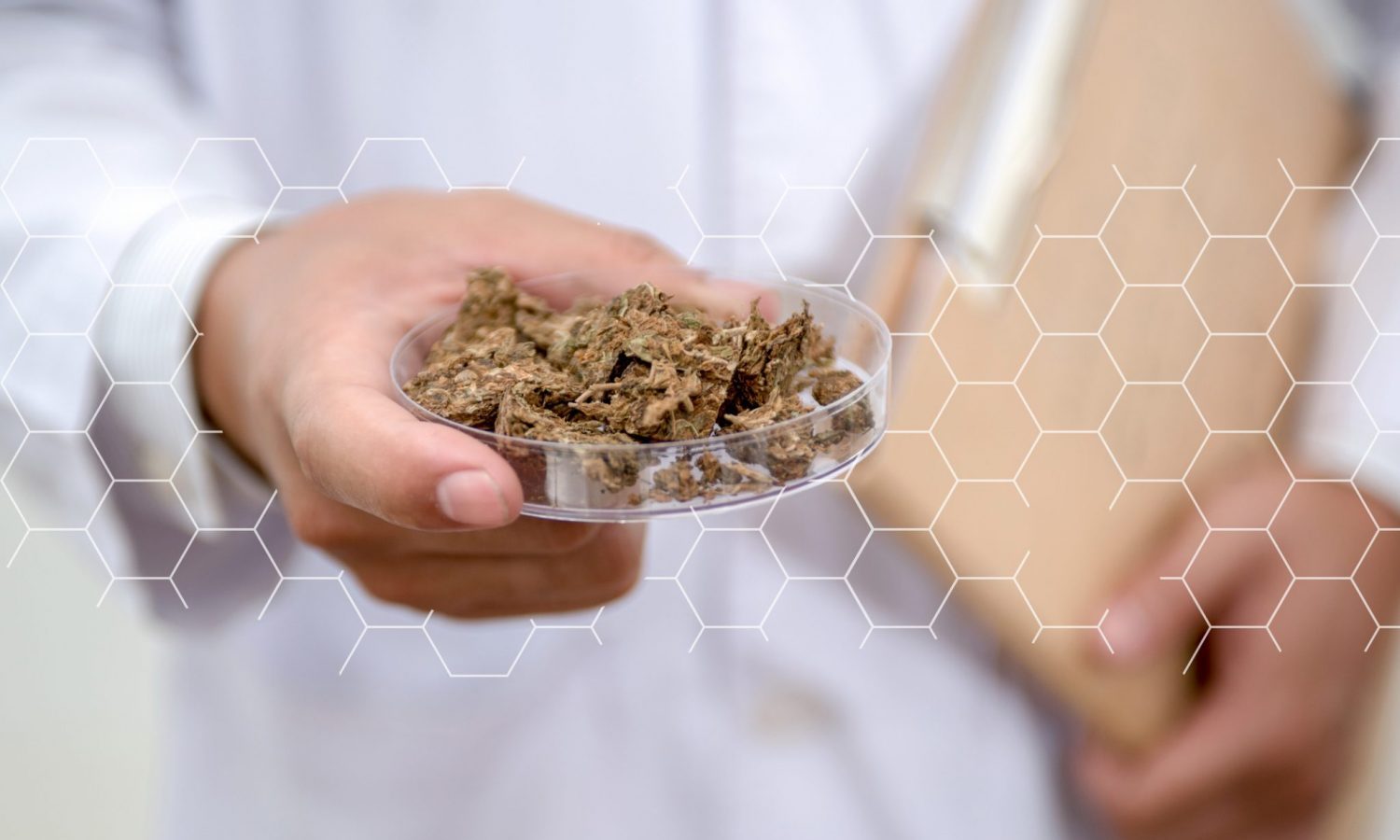
THC-O, Ketene Formation, and EVALI
Most THC-O products in the market currently are in the form of vapes. The process of vaping THC-O is likely to produce harmful byproducts such as ketenes. Ketenes are highly reactive and will easily form acetic acid when they react with water in the nasal and oral mucosa.
A study by the Portland State University (PSU) found a link between vaping cannabinoid acetates with the production of the toxic gas Ketene. An earlier study linked ketene production with EVALI as the causative agent.
Safety of THC-O: Dr. Ethan Russo Opines
Dr. Ethan Russo is a notable medical cannabis thought leader and founder and CEO of a medical cannabis research company CReDO science. In an interview with Hemp Grower, Dr. Russo expressed reservations with the safety of THC-O. In his opinion, we don’t need a compound that is three times more potent (putatively) than THC. Known side effects of THC include extreme paranoia and anxiety that may land you in the ER. Vasovagal syncope, which may cause sudden falls and fractures, is also a possibility. THC-O may amplify these adverse effects or trigger off-target effects that we’re not aware of. In his words, as far as THC-O goes, “don’t go there.”
Synthetic Cannabinoids Are a Sham!
Like heroin, THC-O is several times more potent than THC and the risks associated with it are by no means moderate. In addition, there’s the risk of ketene formation when THC-O is vaped. Ketene has been linked to serious and sometimes even fatal lung injuries.
Are synthetics worth the risk?
Maybe not.
As Dr. Russo opines, synthetic cannabinoids and the risks they present are a “byproduct of cannabis prohibition.” And as he goes further to state, they should probably be avoided at all costs.
Source: https://thefreshtoast.com/cannabis/thc-o-is-to-cannabis-what-heroin-is-to-opium-is-it-legal/
Business
New Mexico cannabis operator fined, loses license for alleged BioTrack fraud

New Mexico regulators fined a cannabis operator nearly $300,000 and revoked its license after the company allegedly created fake reports in the state’s traceability software.
The New Mexico Cannabis Control Division (CCD) accused marijuana manufacturer and retailer Golden Roots of 11 violations, according to Albuquerque Business First.
Golden Roots operates the The Cannabis Revolution Dispensary.
The majority of the violations are related to the Albuquerque company’s improper use of BioTrack, which has been New Mexico’s track-and-trace vendor since 2015.
The CCD alleges Golden Roots reported marijuana production only two months after it had received its vertically integrated license, according to Albuquerque Business First.
Because cannabis takes longer than two months to be cultivated, the CCD was suspicious of the report.
After inspecting the company’s premises, the CCD alleged Golden Roots reported cultivation, transportation and sales in BioTrack but wasn’t able to provide officers who inspected the site evidence that the operator was cultivating cannabis.
In April, the CCD revoked Golden Roots’ license and issued a $10,000 fine, according to the news outlet.
The company requested a hearing, which the regulator scheduled for Sept. 1.
At the hearing, the CCD testified that the company’s dried-cannabis weights in BioTrack were suspicious because they didn’t seem to accurately reflect how much weight marijuana loses as it dries.
Company employees also poorly accounted for why they were making adjustments in the system of up to 24 pounds of cannabis, making comments such as “bad” or “mistake” in the software, Albuquerque Business First reported.
Golden Roots was fined $298,972.05 – the amount regulators allege the company made selling products that weren’t properly accounted for in BioTrack.
The CCD has been cracking down on cannabis operators accused of selling products procured from out-of-state or not grown legally:
- Regulators alleged in August that Albuquerque dispensary Sawmill Sweet Leaf sold out-of-state products and didn’t have a license for extraction.
- Paradise Exotics Distro lost its license in July after regulators alleged the company sold products made in California.
Golden Roots was the first alleged rulebreaker in New Mexico to be asked to pay a large fine.
Source: https://mjbizdaily.com/new-mexico-cannabis-operator-fined-loses-license-for-alleged-biotrack-fraud/
Business
Marijuana companies suing US attorney general in federal prohibition challenge

Four marijuana companies, including a multistate operator, have filed a lawsuit against U.S. Attorney General Merrick Garland in which they allege the federal MJ prohibition under the Controlled Substances Act is no longer constitutional.
According to the complaint, filed Thursday in U.S. District Court in Massachusetts, retailer Canna Provisions, Treevit delivery service CEO Gyasi Sellers, cultivator Wiseacre Farm and MSO Verano Holdings Corp. are all harmed by “the federal government’s unconstitutional ban on cultivating, manufacturing, distributing, or possessing intrastate marijuana.”
Verano is headquartered in Chicago but has operations in Massachusetts; the other three operators are based in Massachusetts.
The lawsuit seeks a ruling that the “Controlled Substances Act is unconstitutional as applied to the intrastate cultivation, manufacture, possession, and distribution of marijuana pursuant to state law.”
The companies want the case to go before the U.S. Supreme Court.
They hired prominent law firm Boies Schiller Flexner to represent them.
The New York-based firm’s principal is David Boies, whose former clients include Microsoft, former presidential candidate Al Gore and Elizabeth Holmes’ disgraced startup Theranos.
Similar challenges to the federal Controlled Substances Act (CSA) have failed.
One such challenge led to a landmark Supreme Court decision in 2005.
In Gonzalez vs. Raich, the highest court in the United States ruled in a 6-3 decision that the commerce clause of the U.S. Constitution gave Congress the power to outlaw marijuana federally, even though state laws allow the cultivation and sale of cannabis.
In the 18 years since that ruling, 23 states and the District of Columbia have legalized adult-use marijuana and the federal government has allowed a multibillion-dollar cannabis industry to thrive.
Since both Congress and the U.S. Department of Justice, currently headed by Garland, have declined to intervene in state-licensed marijuana markets, the key facts that led to the Supreme Court’s 2005 ruling “no longer apply,” Boies said in a statement Thursday.
“The Supreme Court has since made clear that the federal government lacks the authority to regulate purely intrastate commerce,” Boies said.
“Moreover, the facts on which those precedents are based are no longer true.”
Verano President Darren Weiss said in a statement the company is “prepared to bring this case all the way to the Supreme Court in order to align federal law with how Congress has acted for years.”
While the Biden administration’s push to reschedule marijuana would help solve marijuana operators’ federal tax woes, neither rescheduling nor modest Congressional reforms such as the SAFER Banking Act “solve the fundamental issue,” Weiss added.
“The application of the CSA to lawful state-run cannabis business is an unconstitutional overreach on state sovereignty that has led to decades of harm, failed businesses, lost jobs, and unsafe working conditions.”
Business
Alabama to make another attempt Dec. 1 to award medical cannabis licenses

Alabama regulators are targeting Dec. 1 to award the first batch of medical cannabis business licenses after the agency’s first two attempts were scrapped because of scoring errors and litigation.
The first licenses will be awarded to individual cultivators, delivery providers, processors, dispensaries and state testing labs, according to the Alabama Medical Cannabis Commission (AMCC).
Then, on Dec. 12, the AMCC will award licenses for vertically integrated operations, a designation set primarily for multistate operators.
Licenses are expected to be handed out 28 days after they have been awarded, so MMJ production could begin in early January, according to the Alabama Daily News.
That means MMJ products could be available for patients around early March, an AMCC spokesperson told the media outlet.
Regulators initially awarded 21 business licenses in June, only to void them after applicants alleged inconsistencies with how the applications were scored.
Then, in August, the state awarded 24 different licenses – 19 went to June recipients – only to reverse themselves again and scratch those licenses after spurned applicants filed lawsuits.
A state judge dismissed a lawsuit filed by Chicago-based MSO Verano Holdings Corp., but another lawsuit is pending.
Source: https://mjbizdaily.com/alabama-plans-to-award-medical-cannabis-licenses-dec-1/
-

 Business2 years ago
Business2 years agoPot Odor Does Not Justify Probable Cause for Vehicle Searches, Minnesota Court Affirms
-

 Business2 years ago
Business2 years agoNew Mexico cannabis operator fined, loses license for alleged BioTrack fraud
-

 Business2 years ago
Business2 years agoAlabama to make another attempt Dec. 1 to award medical cannabis licenses
-

 Business2 years ago
Business2 years agoWashington State Pays Out $9.4 Million in Refunds Relating to Drug Convictions
-

 Business2 years ago
Business2 years agoMarijuana companies suing US attorney general in federal prohibition challenge
-

 Business2 years ago
Business2 years agoLegal Marijuana Handed A Nothing Burger From NY State
-

 Business2 years ago
Business2 years agoCan Cannabis Help Seasonal Depression
-

 Blogs2 years ago
Blogs2 years agoCannabis Art Is Flourishing On Etsy


